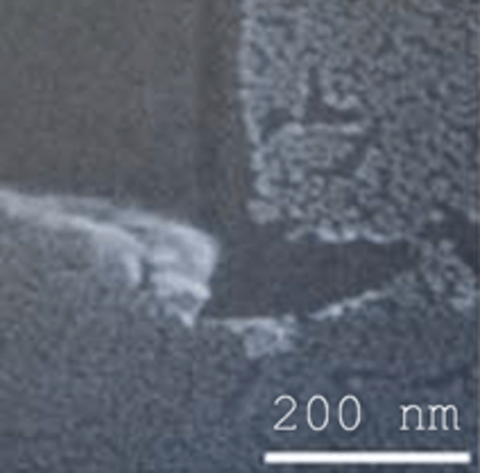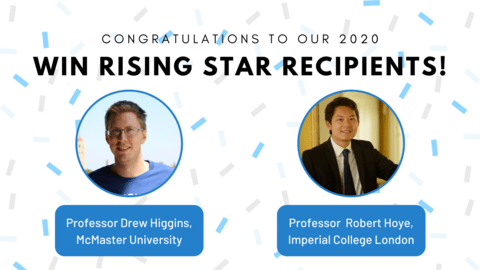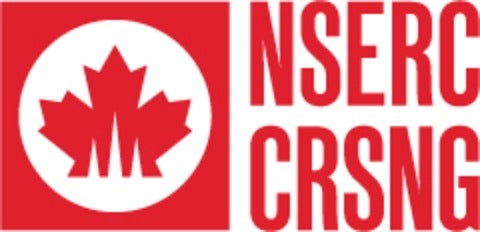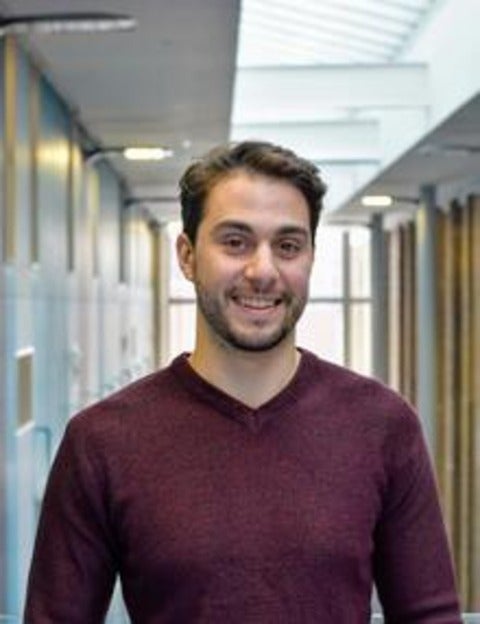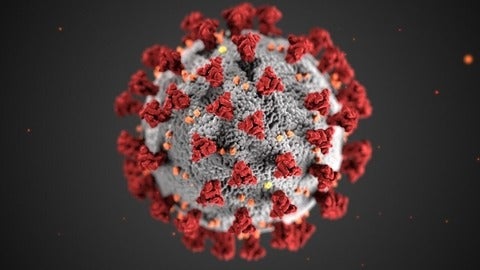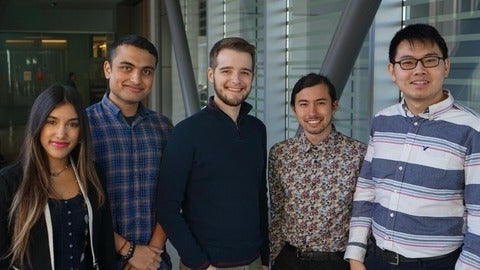Three Innovations Expand Possibilities of Electron Microscopy Imaging in Fluid
The common belief is that electron microscopy (EM) can only be used on dry samples because of the vacuum inside the microscope’s column. This is no longer the case, as researchers can now visualize fully solvated nanoscale objects in liquids such as water from cryogenic to room temperature conditions. Room temperature in-liquid observations are achieved by squeezing the sample into a nanofluidic chip with a very narrow with a very narrow gap (down to 50nm) between two ultrathin membranes, so that the electron beam can get through the “sandwich” and reach the image detector.
